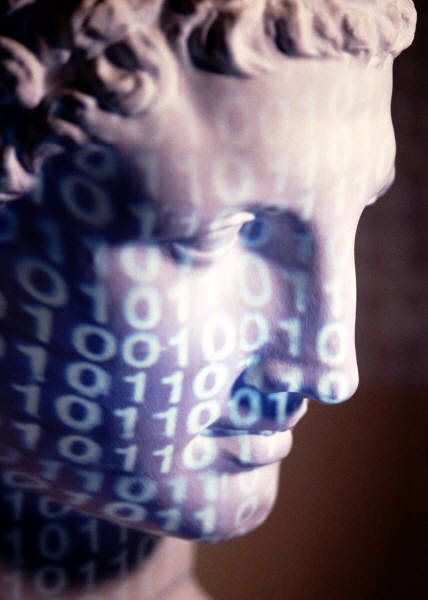The Relation Between Radicals, Moderates, and Conservatives
NYT columnist David Brooks explains, in this OpEd, that the "radicals" don't bring change; it's the moderates that do.
 What is it that makes a person "conservative"? I think it's personality, it's the go-to, default, setting for the individual. Brooks has been a conservative, and as he says in his piece, over the years he moved right on certain issues that are more emotional (family, country, etc), and moved left on issues that can be rationally analyzed, like social programs, justice, etc. For the same reason I don't like religion, I don't like conservatives..... and, I came to this by thinking and learning. The more I did the more ..radical I became in opposing conservatism and religion. They're both go hand in hand, most of the time, and they both want to hold progress back. By progress I mean positive change, not destructive radicalism.
What is it that makes a person "conservative"? I think it's personality, it's the go-to, default, setting for the individual. Brooks has been a conservative, and as he says in his piece, over the years he moved right on certain issues that are more emotional (family, country, etc), and moved left on issues that can be rationally analyzed, like social programs, justice, etc. For the same reason I don't like religion, I don't like conservatives..... and, I came to this by thinking and learning. The more I did the more ..radical I became in opposing conservatism and religion. They're both go hand in hand, most of the time, and they both want to hold progress back. By progress I mean positive change, not destructive radicalism.
Brooks says, " The people who come in their wake and actually make change are conservative radicals. They believe in many of the radicals’ goals, but know how to work within the democratic framework to achieve them." He calls "radicals" those who aren't really radicals but are more vocal advocating for a sensible, more just society--which is already in place elsewhere. That's not ..radicalism, unless you compare it to a big mass in the US that is very conservative. In this sense it's the ..perceived moderates (like Biden) or the "conservative radicals" as Brooks labels them, that facilitate change, because of the big mass who's afraid of "socialism". But, yes, the envelope has to be pushed by the radicals in order for the moderates to have a chance of implementing reform.
Voting by itself is not enough. Activism and movements are necessary to stir up the status quo and usher new choices. These assaults on the status quo may be seen inconvenient or even threatening to many Americans, but they're important in accelerating change.










